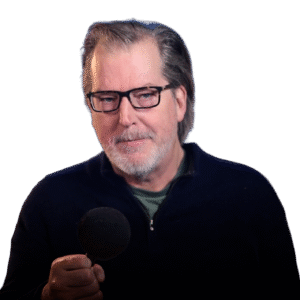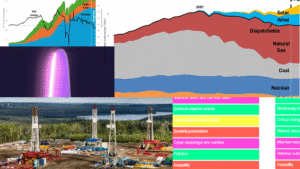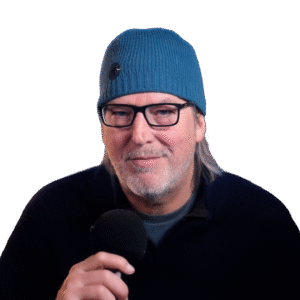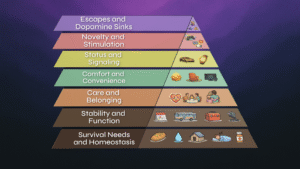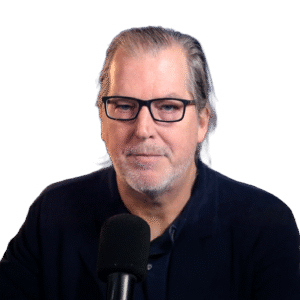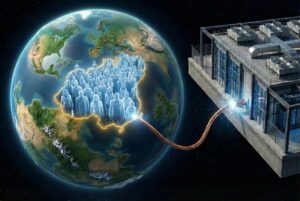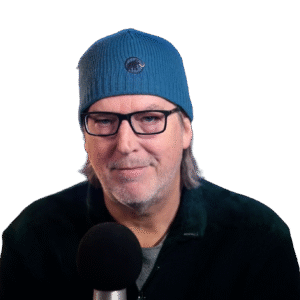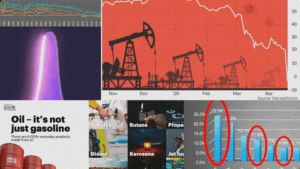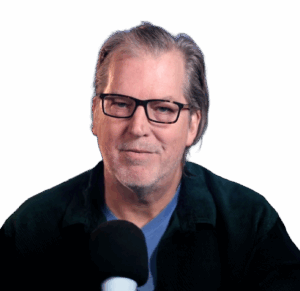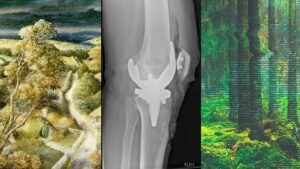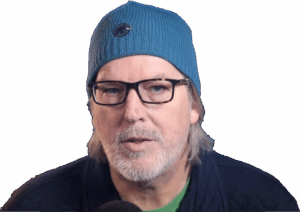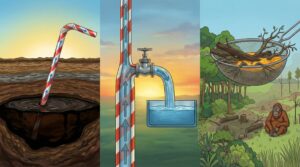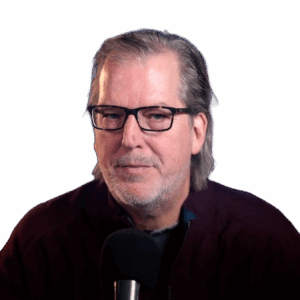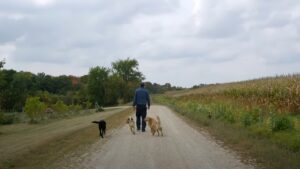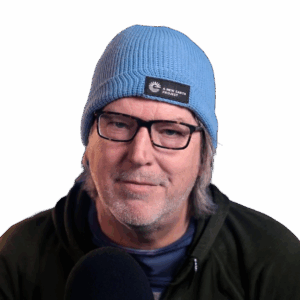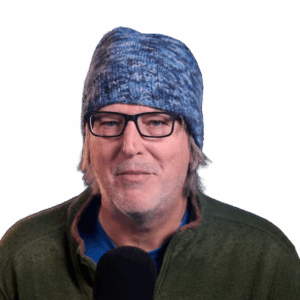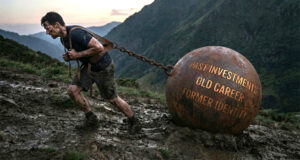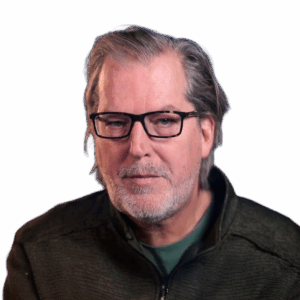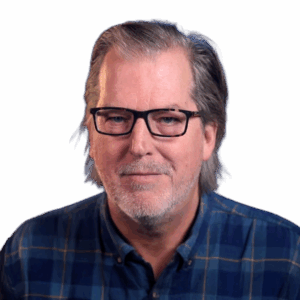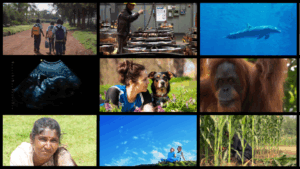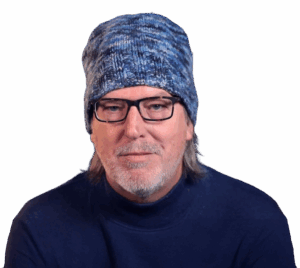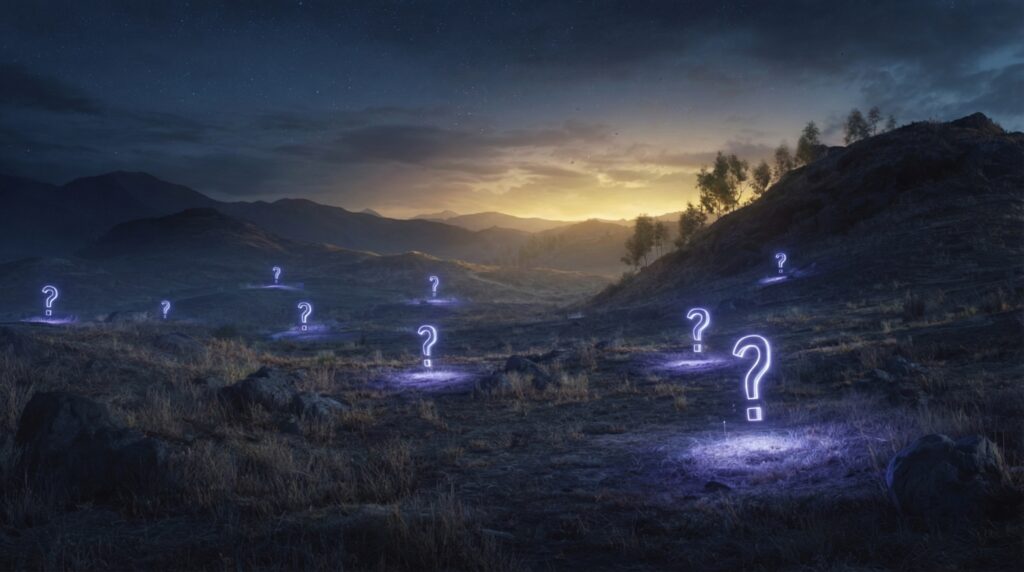
Frankly
This series serves as a beacon, revealing the interconnected challenges facing society and guiding the way through Nate Hagen's broader work on The Great Simplification.
Filter
That’s very understandable because with left hemisphere thinking, one of the problems is that you see everything as a series of problems that must have solutions. Iain McGilchrist Neuroscientist and Philosopher
What we’re seeing is probably the largest mass movement of marine life, at least in the last 10,000 years, towards the poles. Malin Pinsky Associate Professor
The worst thing you can do to people is make them feel that whatever they do, it doesn’t matter. What we call in psychology “helplessness” — or even stronger, learned helplessness. Maren Urner Professor, Sustainable Transformation
We can’t have hundreds and hundreds of real relationships that are healthy because that requires time and effort and full attention and awareness of being in real relationship and conversation with the other human. Nate Hagens Executive Director ISEOF

